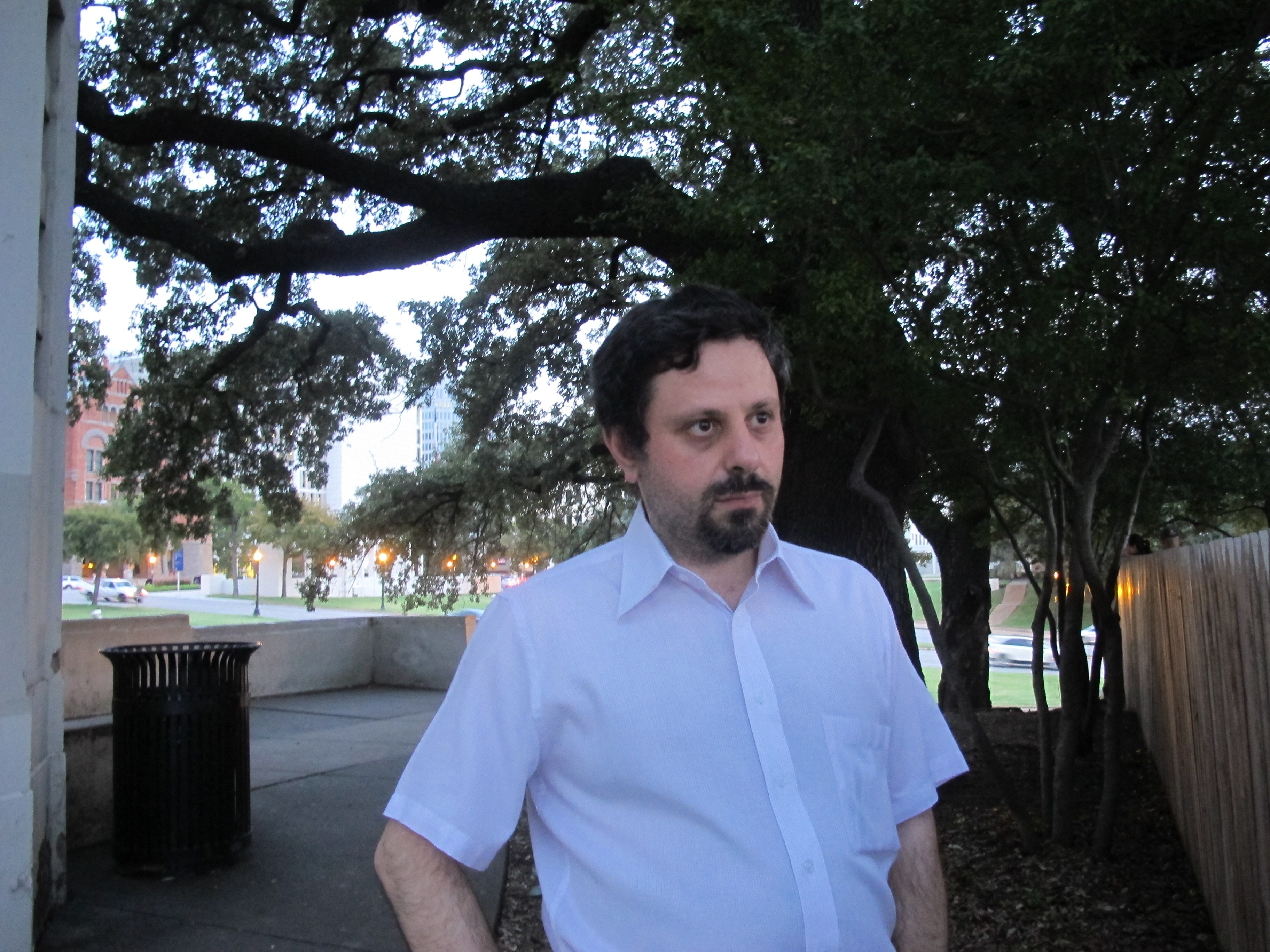As you found out in comments, OP, the history came along for the ride with the literature: Thucydides and Caesar were read more as literature, than because schools actually cared what happened in Syracuse in 415 BC. But they are great literature.
Why were the Classics valued in elite schools in 19th century England?
Well, I can argue the intrinsic merit of the Classics, but I won’t. Instead, I will pick up on your response to Andrew Munro, and I’ll do a historical justification.
In the Renaissance, when Roman and Greek literature were rediscovered, that literature was treated as the source and reference point of all culture. To know that literature was to be cultured. There was literature already happening in the vernacular languages; but in the 16th century, at the time of Shakespeare, noone was studying Shakespeare as the repository of art and emotion and example and challenge that it is now. All there was was the Classics, and the Bible.
And the point of a liberal arts education back then, as it was in Ancient Greece, was not to get you a job. You didn’t go to uni for that; you went out as an apprentice, and people looked down on you as a mechanical. The point of a liberal arts education was to be cultured. To appreciate good literature. To form good judgement. To have good character.
Which of course presupposed that you were rich, and you were getting yourself an education for fun. Absolutely.
That’s also why people were doing science, btw. For fun. Not because the government funded them to; if the scientists weren’t already loaded, they got themselves a patron who was. And they were not goddamn engineers. Engineers were the people who attached themselves as apprentices.
And everyone doing science or literature read Latin, because that’s what intellectuals wrote in. And because they now had access to the classics, they would try to speak it more like the Romans did, and less like the mediaeval clerks did. Doing science and reading Cicero were part of the same package. It was all part of being cultured.
In the 16th and 17th and 18th century, the English developed their own literature. Gradually more and more science was written outside of Latin. So you didn’t need just Latin to appreciate good literature or do science. But the public school system stuck with it, because their ancestors did, and because Classical literature was still felt to be awesome, and because old habits died hard. And because you didn’t get a public school education to get a job. You got one to be cultured. Besides, any job you were likely to get as an aristocrat would be tied up with being cultured anyway.
Things have changed. Riff-raff like you, OP, and me, and the now rather peeved Michael Masiello (whose rejoinder I hereby solicit), get to go to high school and university. And we need to keep getting a job in mind, because we are riff-raff and not cashed up members of the aristocracy. And the Classics are only one option among many, and hardly the most prestigious one even among the liberal arts.
Plus, the attraction of learning the original languages has gone away. A lot of Classics PhDs I met in the States were somewhat shaky in the Ancient Greek (but a lot better in their Foucault) There was a lot of Latin being used in the 18th century; now it’s a curio. It’s even more marginal for Ancient Greek; it always was.
But there’s still some great literature there. And it’s still literature that pervades how the West thinks of itself.
Now, cynically, the insistence on learning Classics in the original in public schools in the 19th century was an elitist thing, to mark you off from the riff-raff. It didn’t necessarily mean you grokked those speeches by Demosthenes and those dramas by Euripides. And yet, the speech-makers of Britain learned a lot from Demosthenes. Those that were paying attention in the public schools did put that learning to use.
Ultimately, why would you, OP, value knowing Shakespeare? At best, because it is beautiful, and because it teaches you about life. (And movies.) At worst, because everyone else had to suffer through it at school, and you got to suffer through it too. Or, even worse, so you can be a snob, and lord it over the unlettered chavs.
Well, same back then with the Classics, I’d say.






